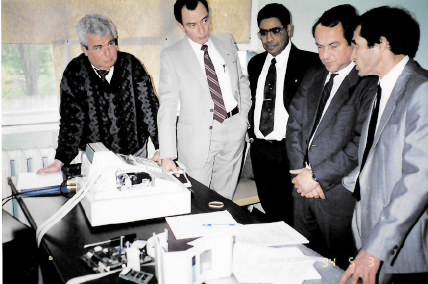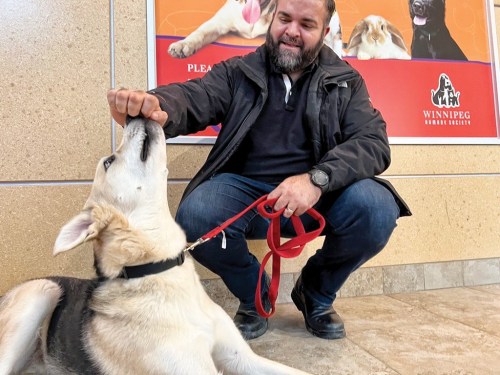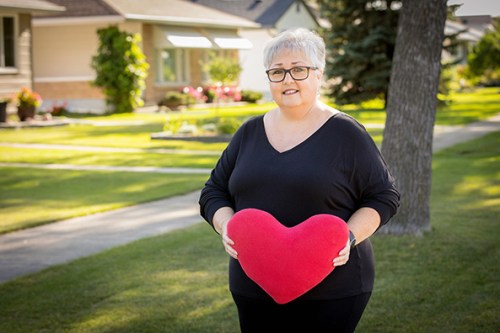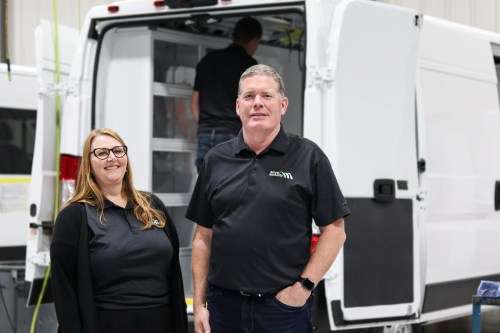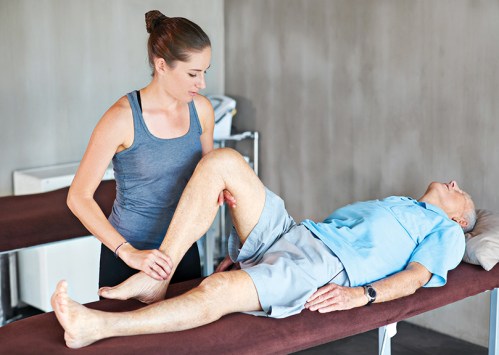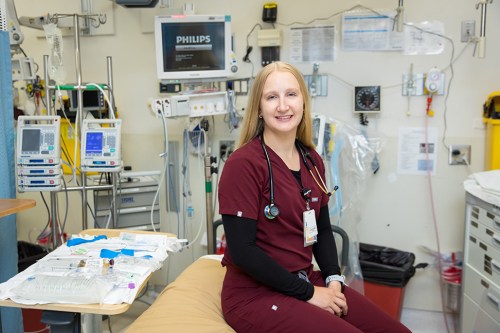Sponsored Content
Creating Leaders at Rossbrook House
5 minute read Thursday, Jan. 19, 2023When Rossbrook House Foundation brings Rossbrook House to the RBC Convention Centre in Winnipeg next spring, the fundraising gala will be emceed by two people who know the drop-in centre very well. Colleen Simard and Dale Turcotte have inspiring stories to share at the No Child Alone Dinner, April 27.
Colleen is a volunteer Rossbrook House Board Director who hung out at the drop-in centre when she was just fifteen. “I'd come from up North and I was so happy to find a place where I could have a safe place to hang out, play pool and have a nice meal,” Colleen says.
It has been a safe place for children and youth in the Centennial neighborhood since 1976. Providing programs, activities, and daily meals continues today.
Dale is 14 and is not only a participant, he is also one of the Junior Staff. “Rossbrook House has been a second home for me ever since the day I stepped in those doors as an 8-year-old kid,” he says.
Advertisement
Weather
Winnipeg MB
-4°C, Cloudy
Battling Through Adversity
4 minute read Preview Saturday, Dec. 17, 2022Optima focuses on global expansion
5 minute read Preview Saturday, Dec. 17, 2022Physiotherapists supporting Manitobans with disabilities
3 minute read Preview Thursday, Dec. 15, 2022A community campaign for surgical innovation at HSC
1 minute read Preview Saturday, Dec. 10, 2022Second Chances Happen Here
2 minute read Preview Wednesday, Dec. 7, 2022Canadians’ financial confidence and trust in the economy down: IG Wealth Management report
4 minute read Preview Monday, Dec. 5, 2022When your need is urgent
2 minute read Preview Monday, Nov. 28, 2022A community campaign for surgical innovation at HSC
1 minute read Preview Saturday, Nov. 26, 2022Momentum builds for MoveMobility
5 minute read Preview Saturday, Nov. 26, 2022Meet Bereket Ezuz
3 minute read Preview Saturday, Nov. 19, 2022Physiotherapy and Your Joint Replacement
3 minute read Preview Friday, Nov. 18, 2022How working with a financial advisor can help you achieve your long-term goals in any market
3 minute read Preview Friday, Nov. 18, 2022Healthy pigs, high-quality pork
3 minute read Preview Wednesday, Nov. 16, 2022Be part of the healthcare solution
3 minute read Preview Monday, Nov. 28, 2022When your need is critical
2 minute read Preview Saturday, Oct. 29, 2022LOAD MORE SPONSORED CONTENT ARTICLES




